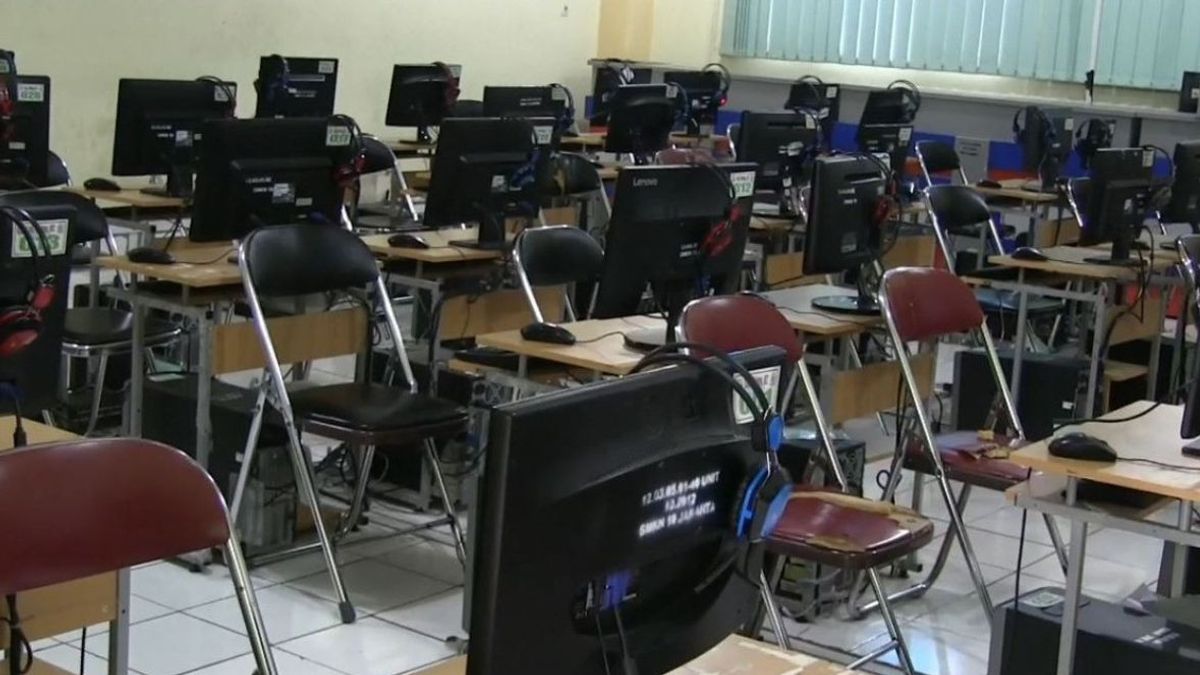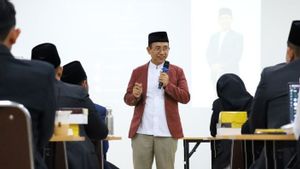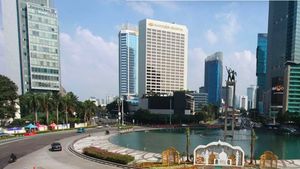JAKARTA - The House of Representatives Commission X protested the government's plan to impose a value added tax (VAT) on education services. The reason is, this discourse will have a serious impact on the future of education in Indonesia, one of which is the increasingly expensive school fees.
“The imposition of VAT has the potential to have a serious impact on educational services, because this tax by educational institutions will be borne by the guardians of students. The cost of education will be high,” said Chairman of Commission X of the House of Representatives, Syaiful Huda, to reporters, Thursday, June 10.
He understands that the government is trying to expand the tax object base in the country as an effort to increase state revenues. Where, 85 percent of state revenue depends on the tax sector.
"But the government should be careful to include the education sector as a tax object," Huda appealed.
Huda admits that the implementation of education in Indonesia is partly carried out by the private sector. In fact, some of the education providers charge high rates because of the quality of the curriculum and supporting infrastructure.
However, said Huda, in general the education sector still needs government assistance due to limited infrastructure and weak economic potential.
"We have not accurately measured the impact of the policy, but at this time it makes us worry about the implications," said Huda.
This PKB politician thinks that it is inappropriate for the education sector to be made an object of taxation. According to him, the Universal Service Obligation (USO) system would be more appropriate to use to equalize access to education.
From this system, said Huda, schools that are considered well-established will help less-established schools. Thus, even if there is potential for state revenue to be obtained from the education sector, the output is also for education.
"The term is from education to education as well," he said.
Meanwhile, regarding the levy of VAT for education services, Huda hopes that the government will sit down with Commission X of the DPR RI to discuss this issue so that there is a solution. The Ministry of Finance, said Huda, can come to Commission X to provide reasons, rationalizations, and impacts if the VAT on education services is actually implemented.
"In order not to become polemic and counter productive, we expect the government to explain this issue," said Huda.
To note, in the circulating draft of the KUP Bill, it is stated that the government abolished educational services from the service category that is not subject to VAT, as stated in the revision of Law Number 6 of 1983 concerning General Provisions and Tax Procedures (KUP).
Currently, VAT-free educational services include school education such as PAUD, SD-SMA, tertiary institutions, and out-of-school education.
The English, Chinese, Japanese, Arabic, and French versions are automatically generated by the AI. So there may still be inaccuracies in translating, please always see Indonesian as our main language. (system supported by DigitalSiber.id)













